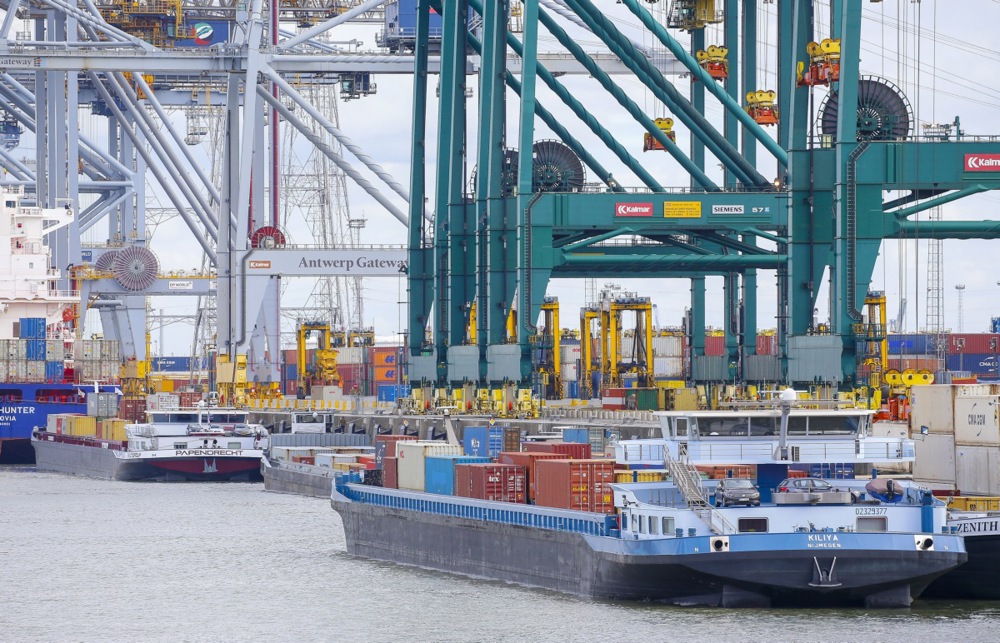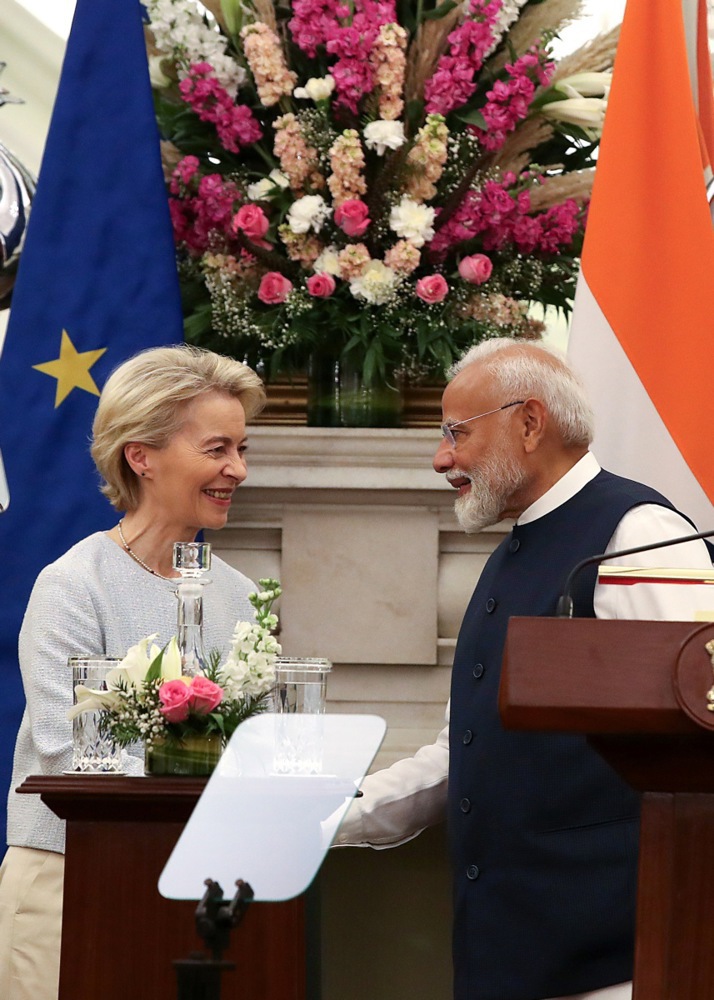Nearly one in two Belgians is prepared to boycott US products, according to surveys by the Belgian press.
Belgians are turning away from American, Chinese, and Russian goods, a shift in consumption cutting across political lines, and reflects how tariffs have filtered down to day-to-day economic behaviour.
Imports from China and Russia are also falling amid a clear decline in Belgian purchases from both countries, Belgian daily newspaper Le Soir said May 19.
The decline was not only due to prices and availability.
“The consumer has become morally sensitive, including in their economic choices,” business philosopher Jochanan Eynikel told Flemish public broadcaster VRT.
“People now think about the consequences of their purchases. Eating meat, for instance, is no longer just about taste or cost. A moral reflection comes into play: is this a responsible choice?” said Eynikel, who works with the entrepreneurship-focused think tank Etion.
He describes this evolution as part of an “evaluation economy”, where consumers do not only assess goods by price or performance, but also by ethical alignment with their values.
Visibility and ease of substitution matter, he said — it’s easier to switch beers than cars — but so does signalling.
Choosing not to buy Coca-Cola, for instance, becomes “a visible act of positioning,” he said.
While the Belgian shifts in consumption are particularly clear, similar patterns are emerging also across Europe and the US.
The European Central Bank warned on April 30 that rising tariffs, especially between the US, China and EU, are not only increasing prices, but also prompting a reorientation of consumer demand.
“Trade tensions have started to influence demand patterns,” with current shifts linked to deeper political and moral currents, it said.
The Trump administration’s fresh wave of tariffs on EU and Chinese goods, including electric vehicles and key tech inputs, has disrupted supply chains and forced a recalibration of trade talks.
The White House’s 90-day delay windows are meanwhile widely viewed as tactical rather than conciliatory.
European responses to the trade war are not just diplomatic, they are reported to be behavioural.
In Belgium and beyond, consumers are now reassessing what it means to buy “American” or “Chinese” or “Russian” in a globalised market.
There have been online debates over whether Coca-Cola bottled in Europe or Ben & Jerry’s (now owned by UK-based Unilever) still count as US products, noted a New York Times report in March.
Consumer pullback is visible even in the US.
CNN reported on May 15 that American shoppers “pulled back significantly on spending” as price hikes due to tariffs hit household budgets. “The tariff shopping spree is over,” the network said.
But beyond economics, ideology is apparently playing a growing role, too.
Across the political spectrum, people are letting geopolitics guide consumption, but not all for the same reasons.
Some seek ethical or humanitarian alignment, while others prioritise economic self-reliance or national loyalty.
Most also end up prioritising their wallet and “boycotting” the most expensive products–in this case, with their high costs very likely to be caused by a “retaliatory tariff”.
The outcome is the same, in a shift towards filtered consumption, shaped by politics, which has consequences for businesses.
“It’s becoming more and more difficult for companies to remain neutral,” Eynikel warned.
“Neutrality is sometimes seen as tacit approval — as if you’re endorsing what certain countries do on human rights,” he added.





